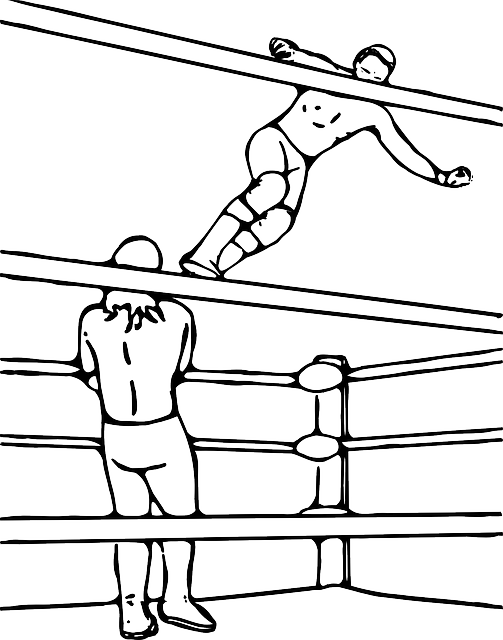Success in Wrestling Through Positioning and Control
Though it is just as much a game of technique and leverage, wrestling is sometimes considered as a test of strength. Successful wrestling is mostly dependent on mastery of posture and control, which are fundamental to manage the direction and tempo of the match. Understanding how to regulate the flow helps wrestlers to limit their opponent’s choices and generate attack chances. Getting an edge in the game mostly depends on posture and control.
The Key to Wrestling’s Victory
Declaring Dominant Positions
In wrestling, mastering the center of the mat is essential since it lets a wrestler control the speed and force the opponent must react with. Another great benefit is reaching top control, which provides the chance to apply pressure, try pinning combinations, and keep control over the movement of the opponent. These strong points equip wrestlers with the means to control the match at their best advantage.
Keeping Control and Stopping Runs
Control of an opponent’s head and arms, avoidance of takedowns, and generation of attacking possibilities depend on skilled hand fighting. Just as crucial are good distributions of weight and balance, which stop escapes and keep control. Using leverage and technique instead of pure power guarantees that, even in demanding circumstances, control is maintained all through the game.
Changing Your Position
Retaining momentum and control depends on smooth transitions between positions—from standing to ground or from bottom to top. Preventing escapes and grabbing scoring opportunities depends on being fast in response to the motions of an opponent. On the mat, a wrestler who can fast adjust to changing conditions will keep control and seize the correct opportunities.
Endnote
Effective wrestling mostly depends on position and control. Mastery of these components allows wrestlers to control the speed, generate scoring possibilities, and limit the efficacy of their opponent. It’s about strategy, clever thinking, and control as much as strength. From novices to elite athletes, wrestlers of all stripes depend on these ideas.




